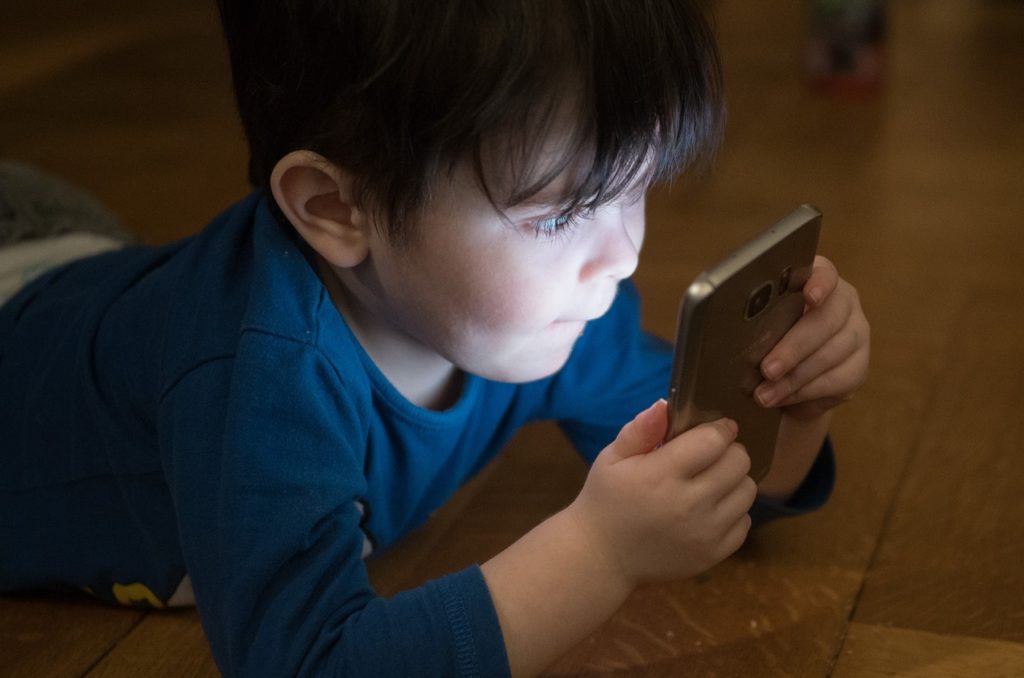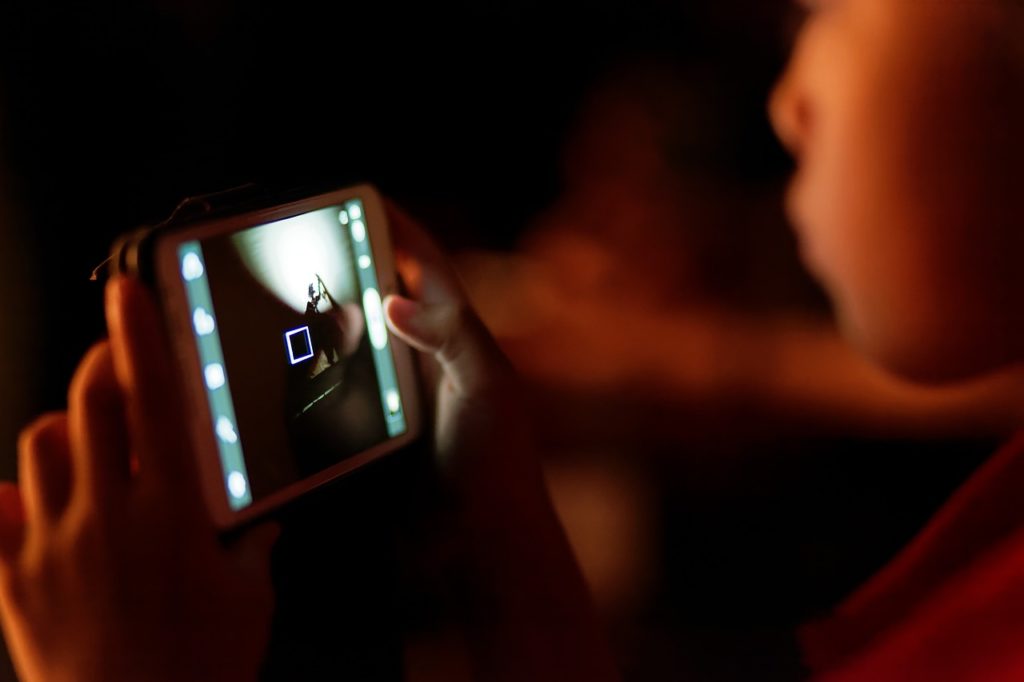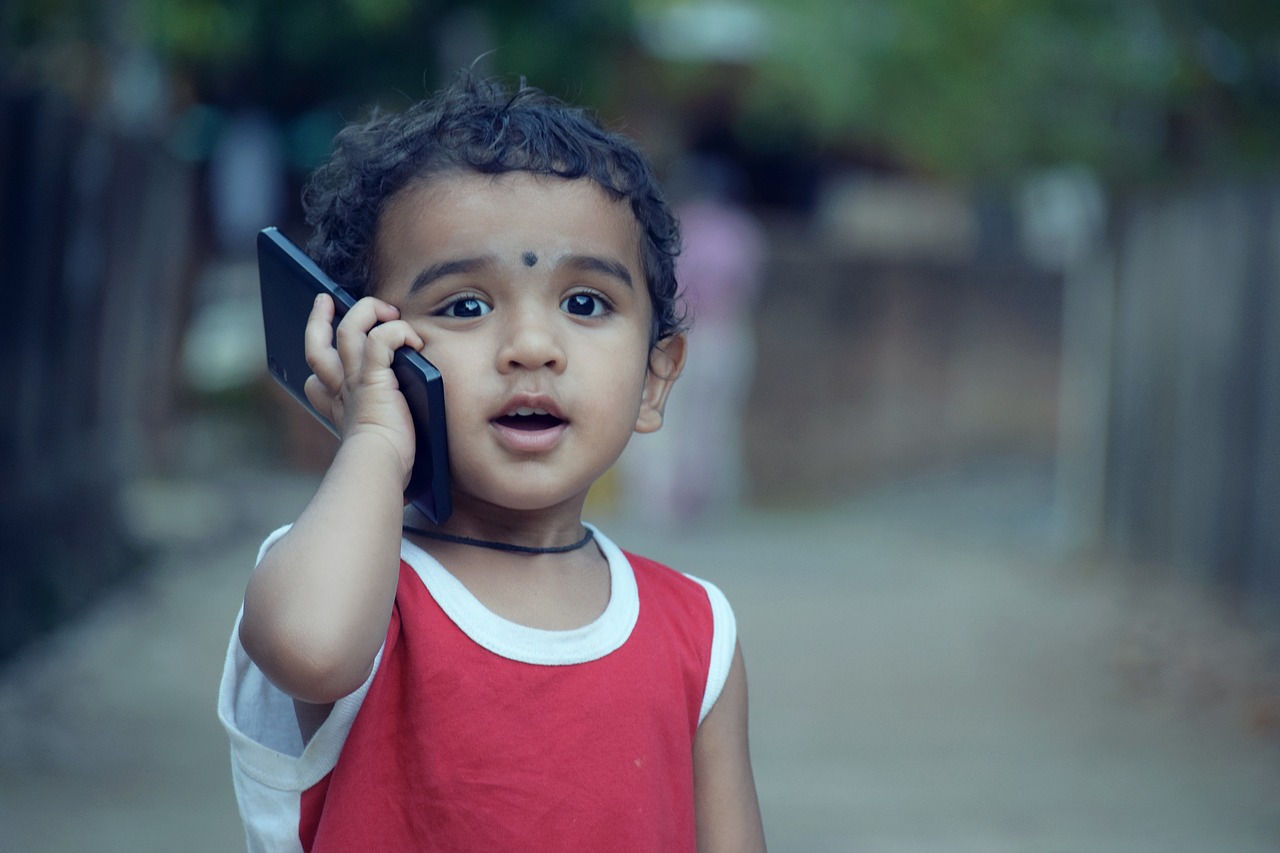Today’s parents face many tough choices around children and technology. Particularly tricky is the question of when children should get their first smartphones. On the one hand, owning a smartphone can be an important part of a child’s growing independence.
However, many parents are understandably concerned about giving their still-developing youngsters devices that put the entire world—good and bad—in the palms of their hands. Therefore, making the decision to give your child his or her own smartphone should not be taken lightly. Before you do it, here are some important things to consider.
Your Child’s Age and Maturity Level
According to 2016 data from Influence Central, kids are just over 10 years old (on average) when they get their first smartphones. The truth is, there are no hard and fast rules when it comes to the right age for children to become smartphone users. Most experts say that it’s not the age of the child that matters so much as his or her maturity level and ability to understand the responsibilities of smartphone ownership.
To help you determine if your child is ready for a smartphone, you’ll want to consider his or her behaviors, tendencies, workload, family contributions, and current interactions with other technology. If you have more than one child, it’s also important to make this decision individually for each child. Just because your older child was ready for a smartphone at age 11 doesn’t necessarily mean your younger child will be.

The Reasons Your Child Needs a Smartphone
If your child is pleading to you that they “need” a smartphone, have an open conversation with them about why they feel that way. Social pressure is a big reason why many children want to become smartphone owners.
However, there may also be legitimate reasons for your child to have his or her own smartphone. For example, it might make it easier for children to keep in touch with you and other family members, or it could help them with their homework.
Rules and Expectations
If you decide to give your child a smartphone, it’s important not to simply hand it over. Smartphone ownership should come with a clear set of rules and expectations that you’ve discussed with your child, and that he or she understands and is ready to follow.
Some experts recommend that you create a written contract that outlines how the phone will be used and clearly states what phone behaviors are unacceptable. For example, a contract might ban the use of phones during family mealtimes, or might specify websites or social media platforms that are not to be used.
It’s also important to consider, and to talk about, what the consequences will be if your child does not keep to the terms of the contract. Don’t worry about having to plan too far ahead. You can always revisit the contract as your child gets older and as needs and behaviors change.
Parental Controls
It’s natural to be concerned about the kind of content your child could access with his or her smartphone. You might want to consider exploring parental controls to bring some checks and balances to the situation.
There are a variety of tools you can employ, from adult content filters to settings that block or restrict the use of certain apps. It may also be a good idea to turn off in-app purchases. That way, your child can’t unintentionally rack up huge phone bills by buying extra lives in his or her favorite game, for example.

Your Own Behavior
Before giving your child a smartphone, it’s important to think carefully about what kind of example you are setting. Kids tend to model their parents when it comes to smartphone use. Intentionally or not, parents who are constantly on their smartphones are sending a message to their kids that it’s fine for them to do that as well.
If you are going to expect particular smartphone behavior from your child, you may find that you need to change your own behavior. Some parents find that it helps to make some smartphone rules applicable to the entire family, not just the child. For example, a rule that no one, parents included, uses their phones an hour before bedtime.
The Positive Side of Smartphones
It’s easy to focus on all the negative and frightening things that might happen if you give your child a smartphone. However, remember that smartphones can bring positive things to your child’s life, too.
When used in moderation, entertainment and games can be fun (and even educational). Additionally, smartphones can help you and your child stay in closer contact and inform each other when plans change. You can even use your child’s smartphone to keep track of his or her physical location.
What does this mean for you? Before you decide whether or not your child should have a smartphone, remember that smartphone ownership for children isn’t all bad news.

